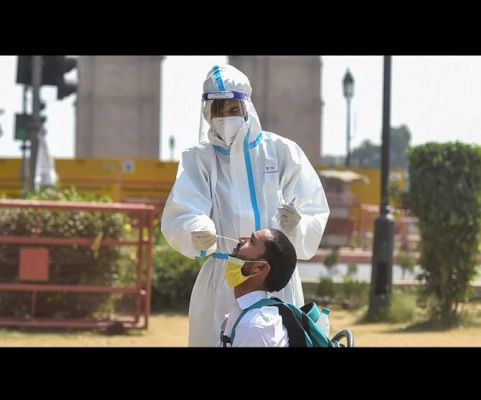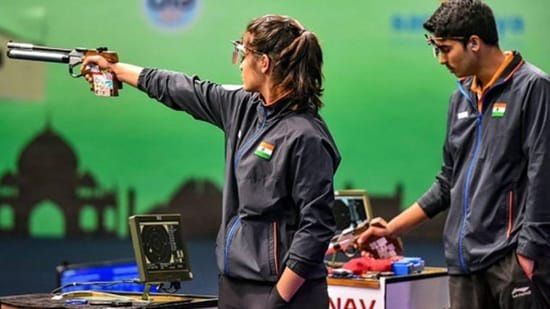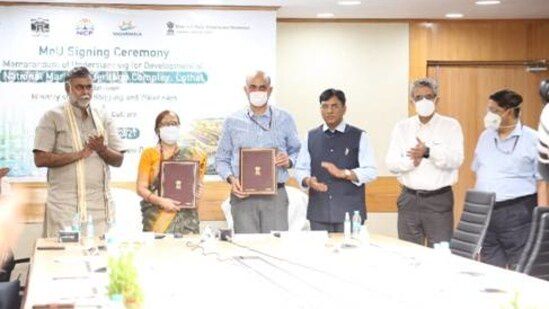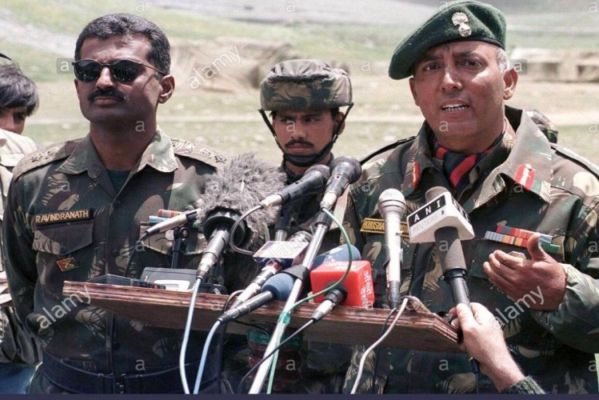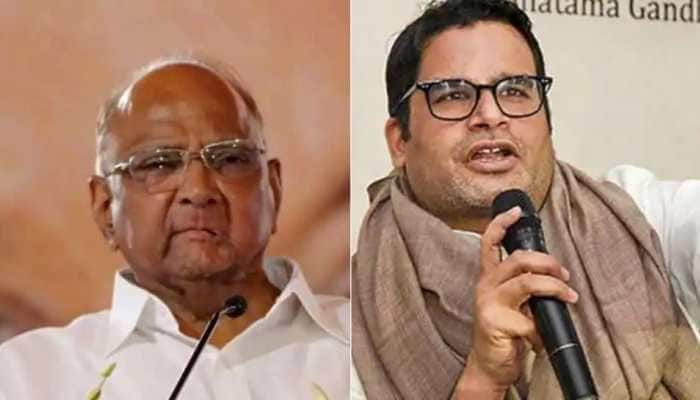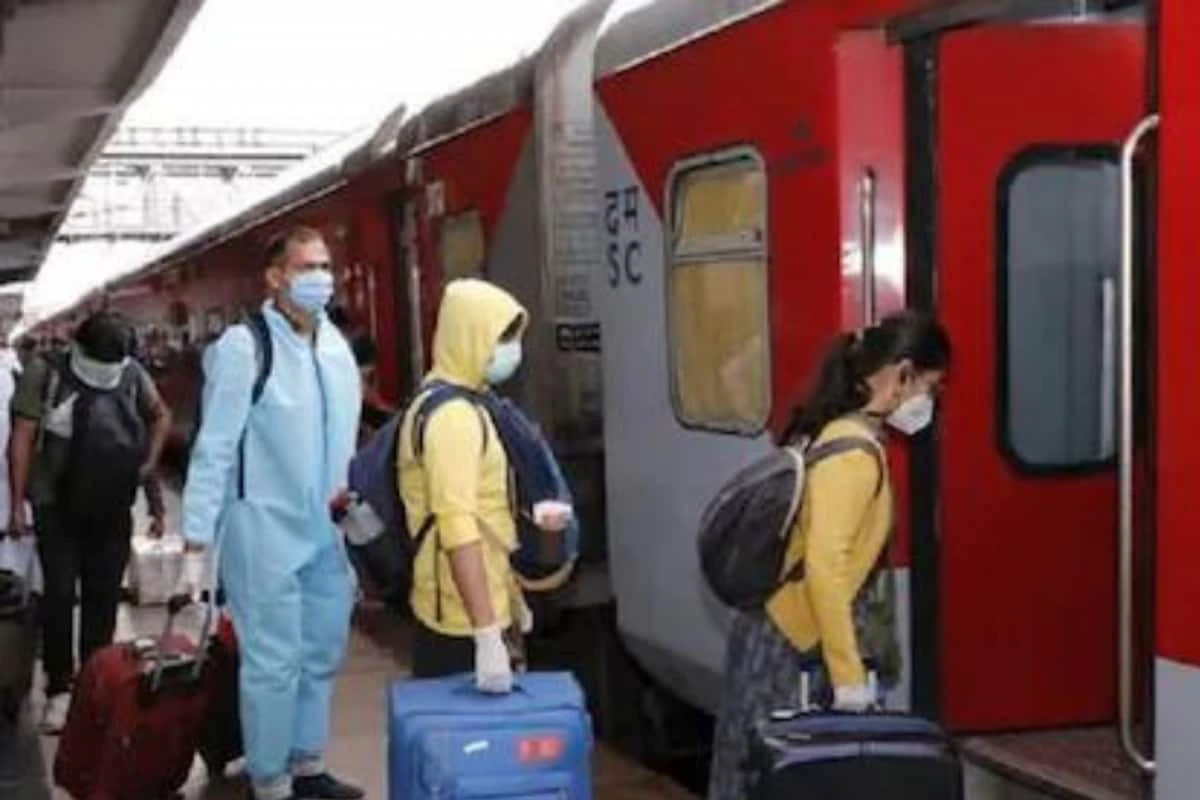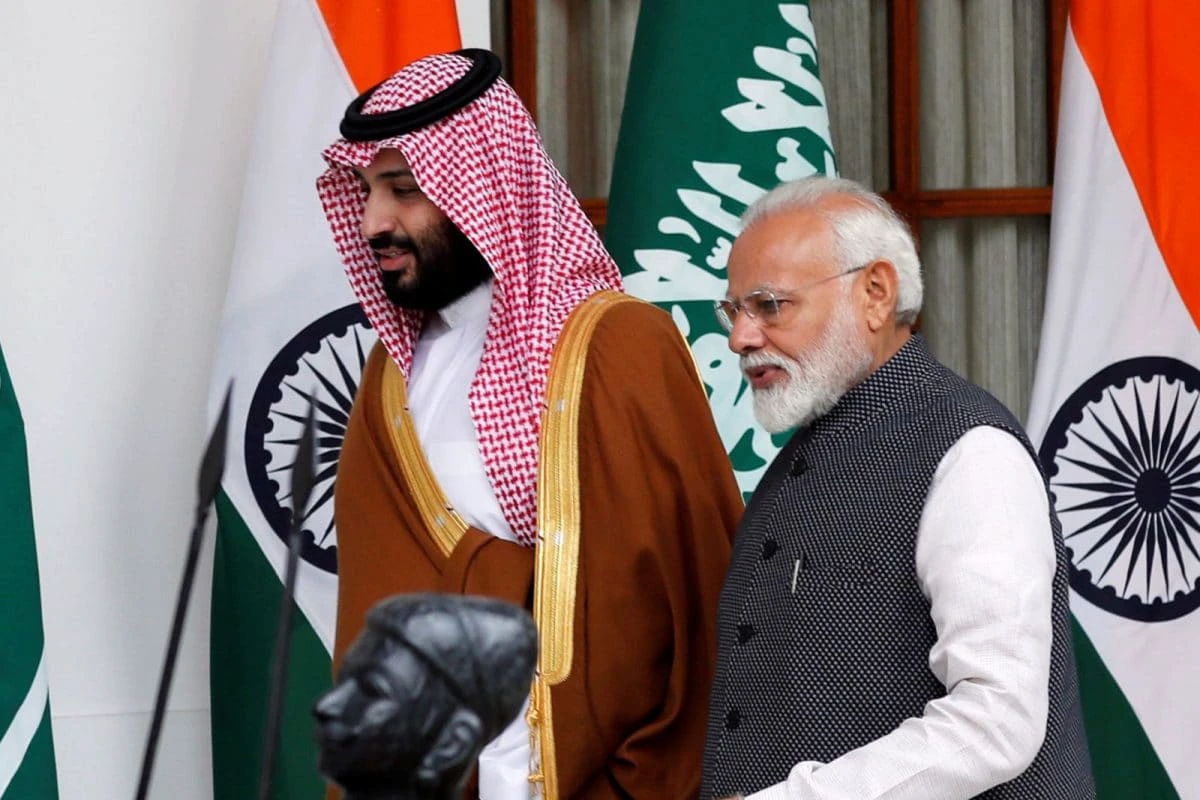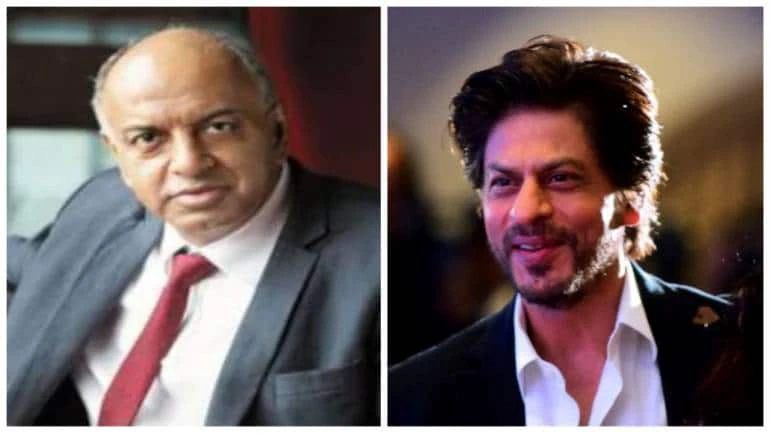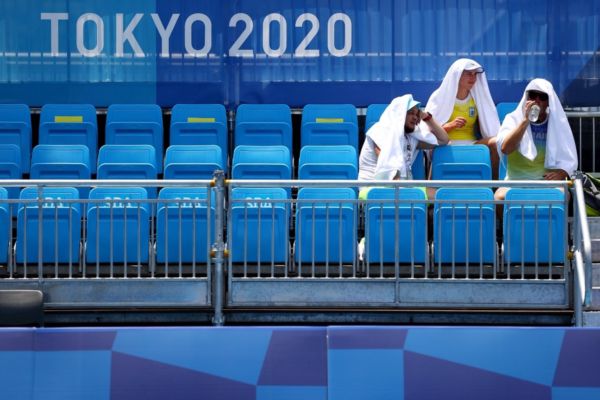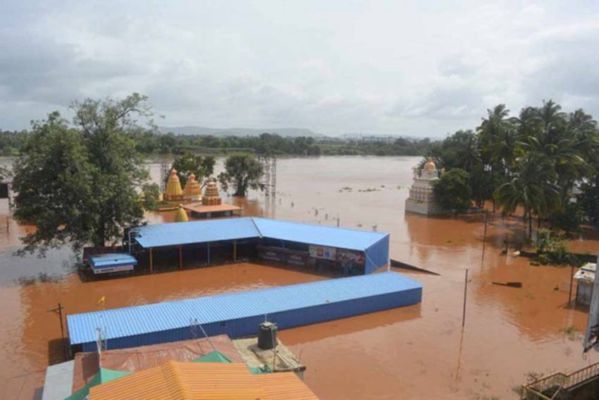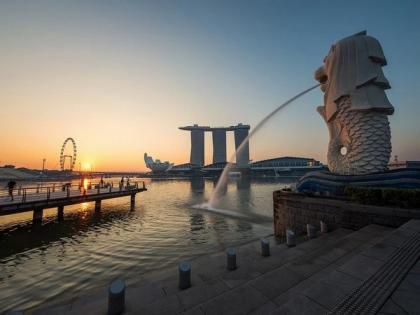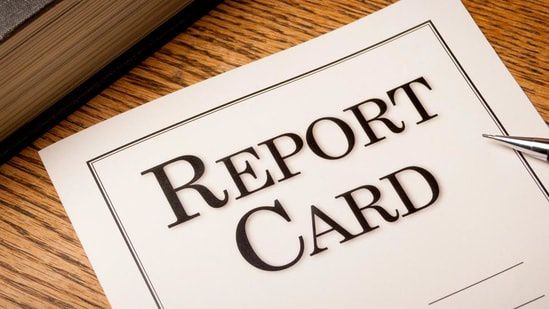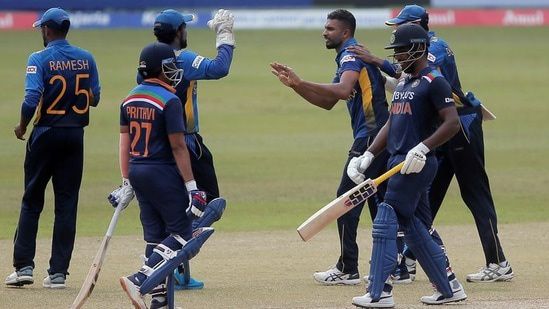Institutional reform is key to post-Covid-19 national recovery
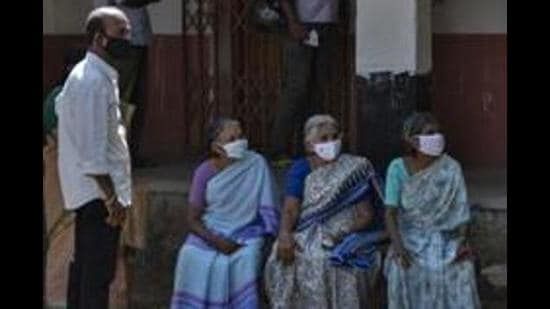
The second wave of Covid-19 has exposed serious institutional infirmities in India — in access to health care, in the management of elections, and in the balance between the judiciary and the executive, where the latter's failure has led the former to step in.
India has one of the lowest ratios of population to health care infrastructure. It also invests inadequately in scientific research. Investments in genome sequencing, vaccine research, and preventive health care at the rural district level are key to staying ahead of the curve. Moving from a 1.2% to 3% budgetary allocation for health will be insufficient, especially in this fiscal year, as a large proportion of the funds will — hopefully and presumably — be utilised for the vaccination drive. This will leave marginal funds for capital expenditure towards expansion in medicine and vaccine research and operational costs for the enhanced infrastructure. The intensity of the pandemic has also meant that treatment for other serious illnesses is being postponed indefinitely. There is no substitute for greater investment.
This inadequate infrastructure is coupled with a high degree of resistance to the idea of seeking treatment due to lack of awareness, financial implications and fear, especially in rural areas. It is, therefore, essential to develop decentralised schemes that create awareness and access at the district, village and ward levels — local civil society organisations, self-help groups and community initiatives are critical to the sound implementation of health policy on the ground. Centralised remote control policies seldom work in a country as diverse as India. All case studies of relatively successful Covid-19 management have a common thread of decentralisation. In preparing a larger national apparatus, the district level needs special focus.
Public health is also an area that requires cooperative federalism — the Centre has a role and responsibility during a pandemic, and states have an obvious role given that health is a state subject. But citizens are losing their patience with blame games between the states and Centre, and, perhaps, the time has come to fix responsibility.
One institutional reform is creating a nodal organisation which, only on the subject matter of health, plays a role bridging Centre-state rifts. To be sure, behind the media headlines, state and Union health officials have been in touch. But to prevent the pulls and pressures of politics, this organisation should be manned only by health care professionals and administrators. This does not negate democratic decision-making. Political inputs are crucial, but it does insulate decision-making from political tussles. All its decisions must be transparent, which will increase pressure on both the Centre and states to comply. The design of this institution will take greater deliberation — and will require a careful balancing act so that neither executive privilege nor constitutional principles are undermined.
The Election Commission, endowed with 'superintendence over conduct of elections' was subject to public criticism for its negligent role in the recent round of state elections, which spread the infection. An independent collegium or committee for appointments of commissioners will greatly help restore public confidence in this constitutional authority that is perceived to be amenable to political interference.
We must remember that this pandemic is neither over, nor will it be the last one. It is the constitutional duty of Parliament to usher in a new era of legal reforms which creates a framework of dealing with pandemics, as well as the root causes of it, rather than leaving the country to rely on antiquated legislation.
It is only through reforms and investment in India's health infrastructure, internalising the principle of decentralisation, enabling greater Centre-state cooperation on public health disasters with a defined role for a national body of experts, ensuring that constitutional bodies are insulated from executive pressure, and creating a new legal framework that India will be able to respond effectively to one of the greatest crises our nation has ever faced.
Avishkar Singhvi is an advocate in the Supreme Court of India
The views expressed are personal.





